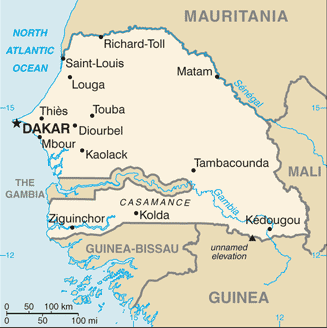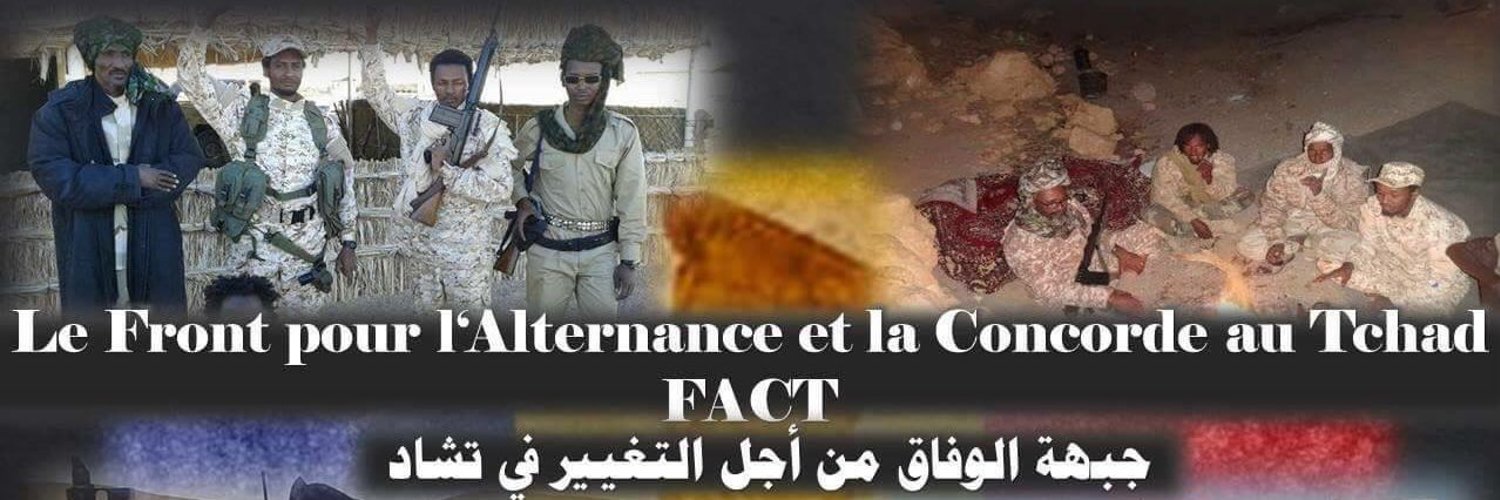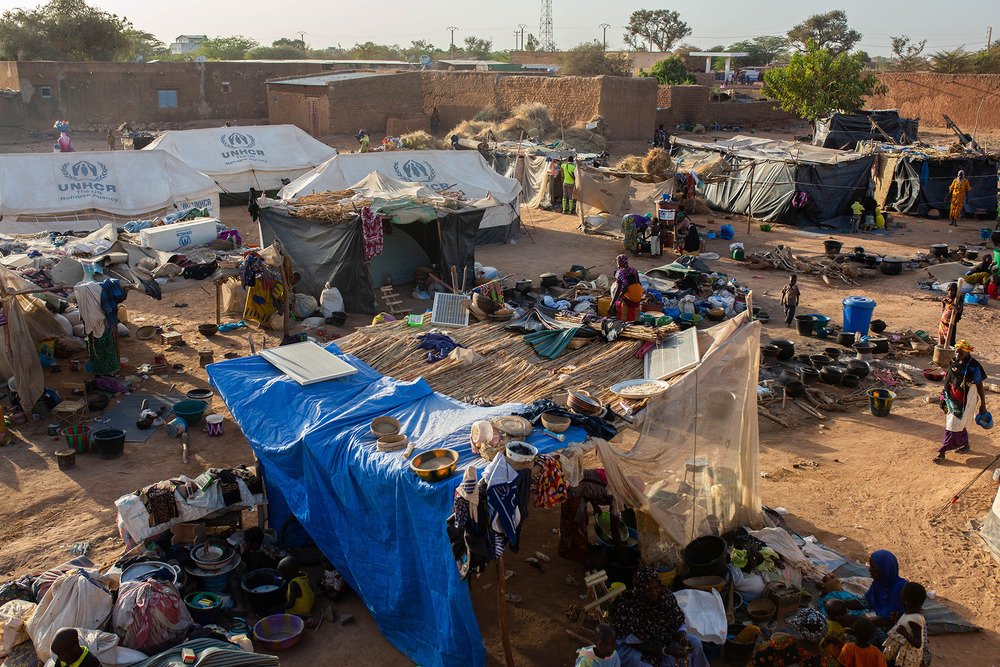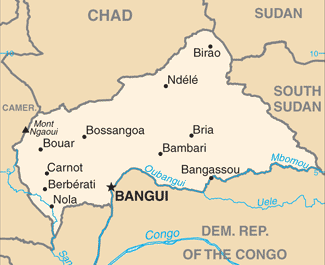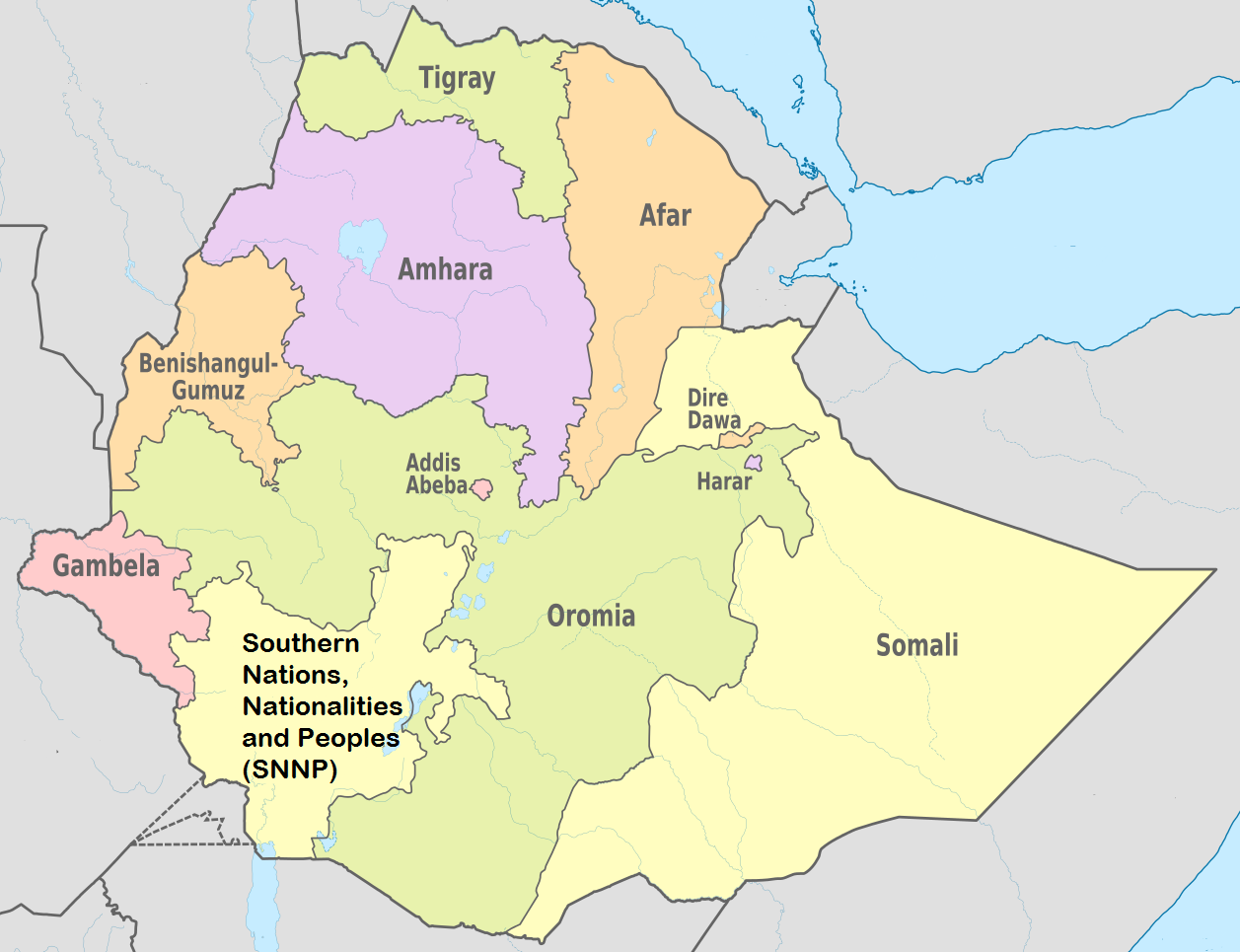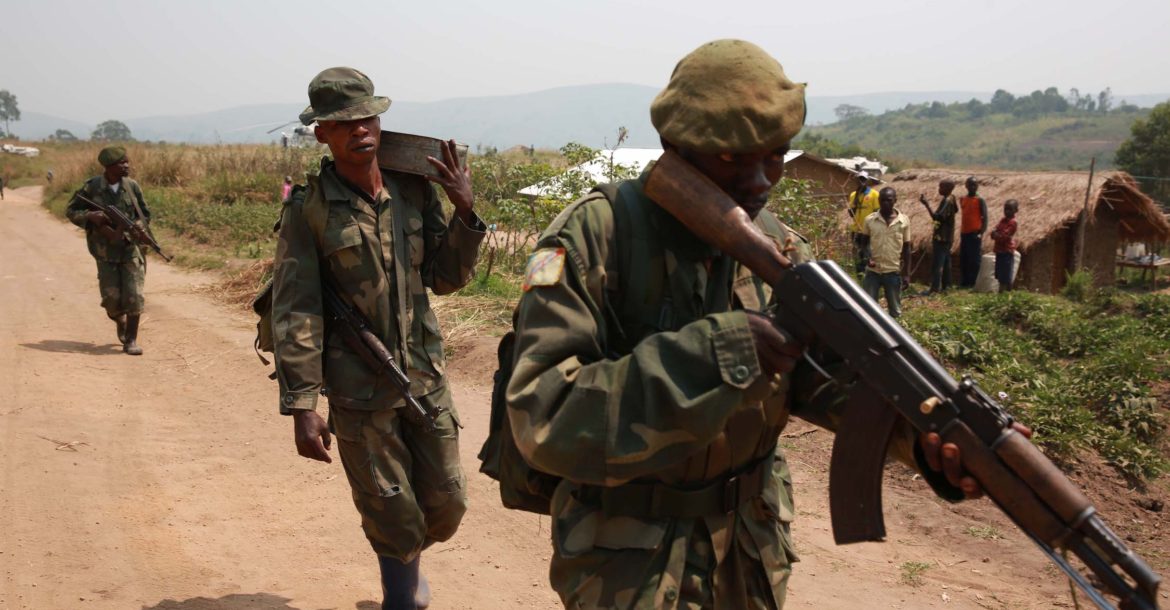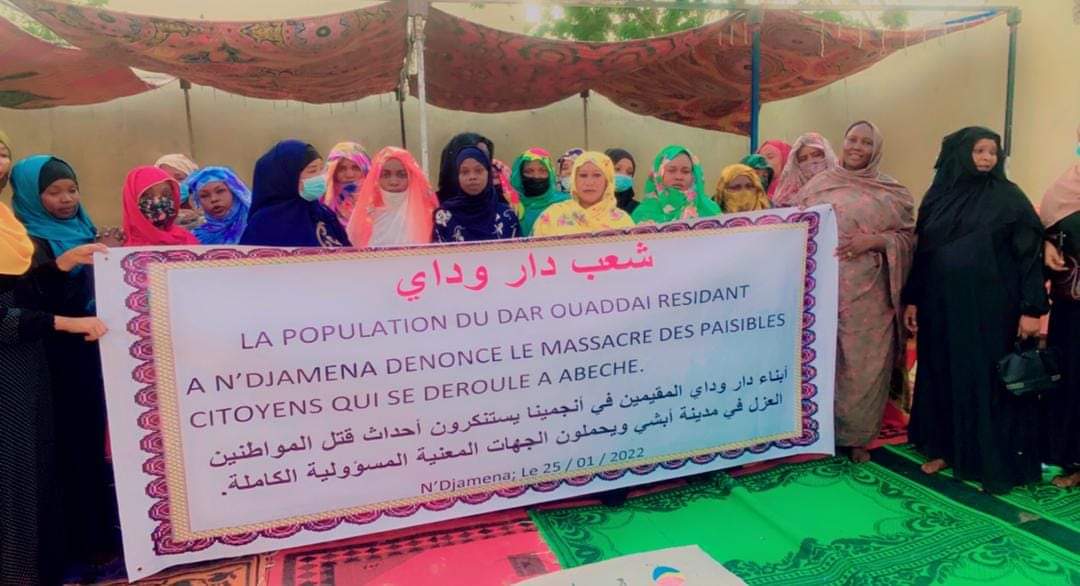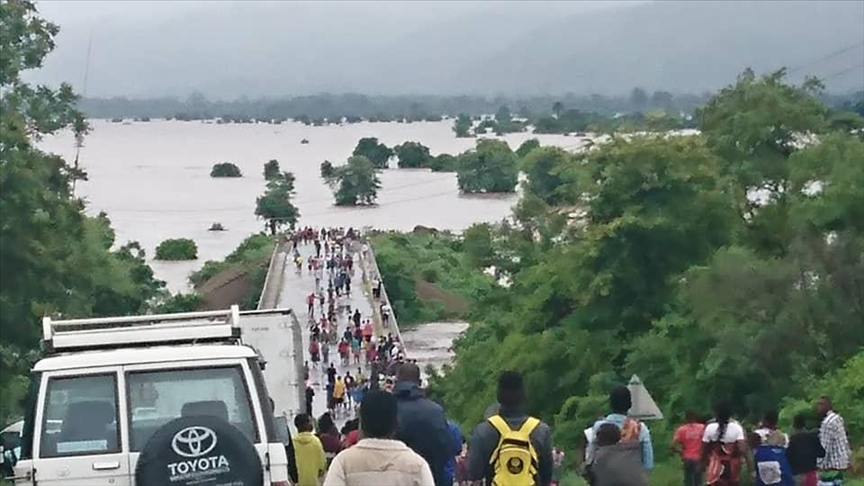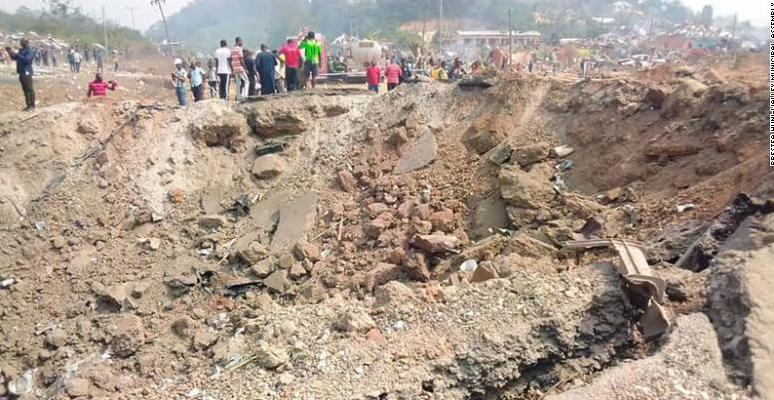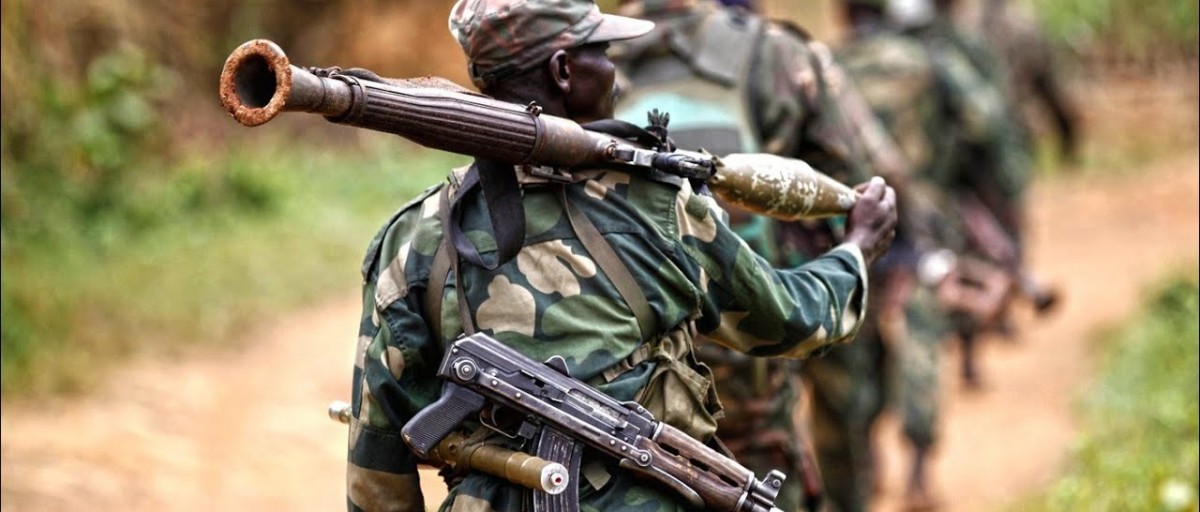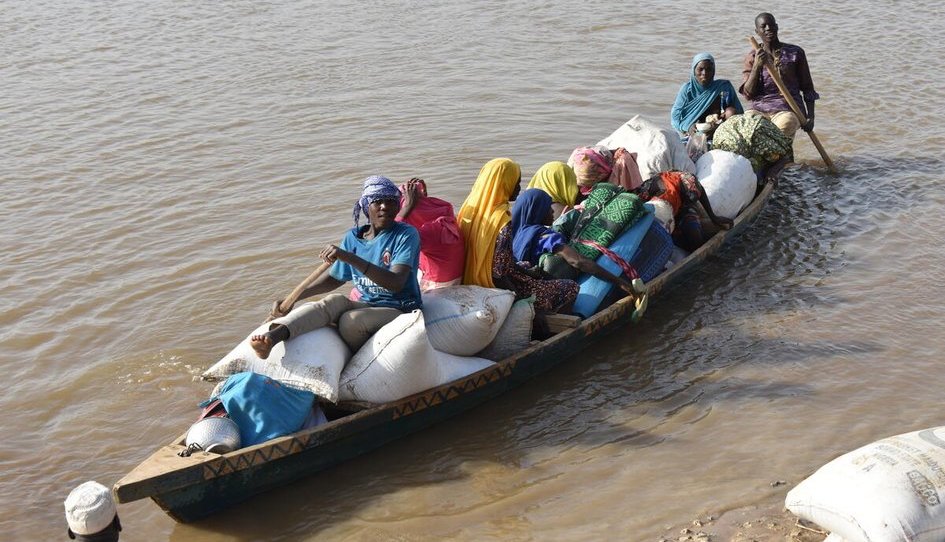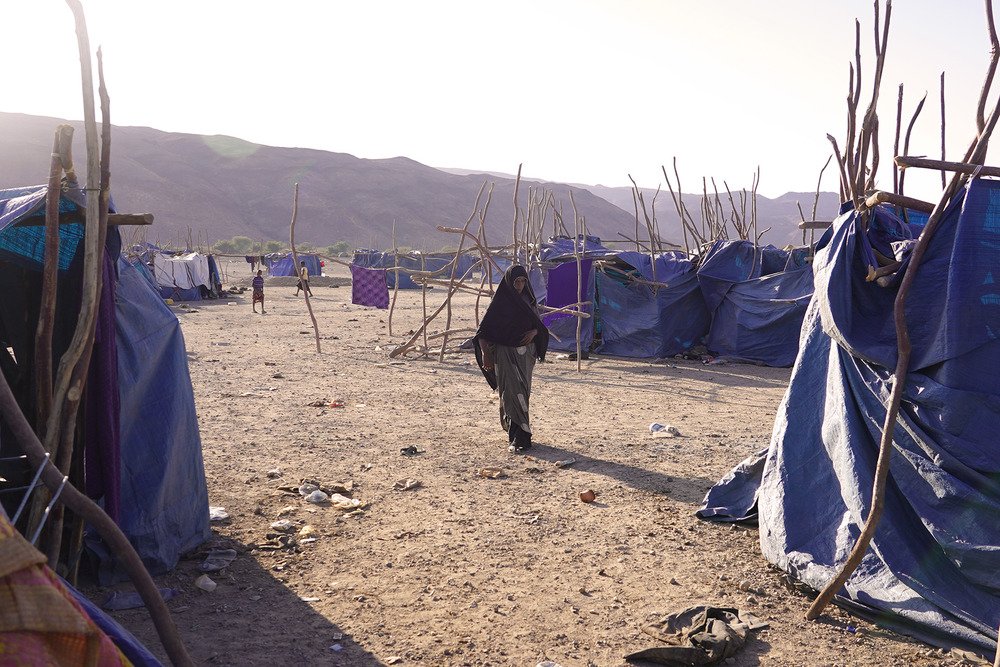
Ethiopia: security threats thwart Tigray relief
Security threats are preventing aid groups from bringing relief supplies into Ethiopia’s northern Tigray region, even as the government has declared a unilateral truce following 17 months of conflict with the Tigray People’s Liberation Front (TPLF). Federal authorities promised to facilitate aid access into Tigray, having imposed a months-long blockade that has left a population of six million people bereft of basic health supplies and facing extreme food shortages. But passage for aid convoys is currently constrained by insecurity along the only overland corridor open to relief groups. That route runs through the neighboring Afar region, where local militias have been supporting the federal government’s cause. Ongoing clashes between Tigrayan forces and Afar militia could derail the truce. (Photo: TNH)



